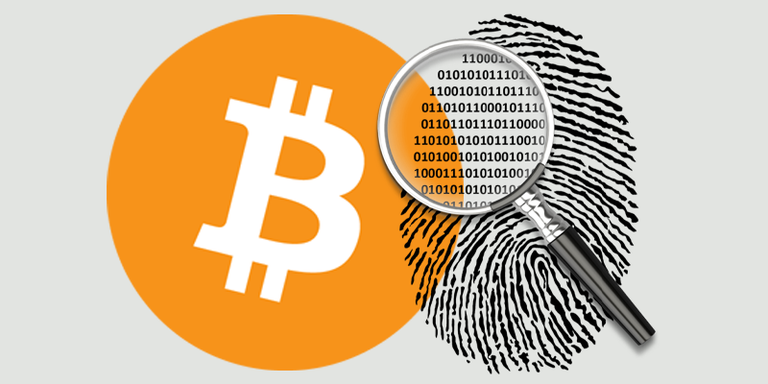
The unseasoned nature of the cryptomarket and of crypto exchange security regulation is incredibly attractive to hackers, making trading platforms and their users vulnerable to potential financial loss.
Despite this obvious risk, many crypto exchanges yet do not take all of the available and necessary precautions, with a staggering 54% considered to have sub-par security measures in place (source: ICOrating report, Oct 2018).

Some of the critically essential security measures not implemented by many exchanges include:
- Sufficient asset storage/wallet security - cold wallets
- Dual Factor Authentication (2FA)
- User account security - cryptographically hashed passwords
- Registrar and domain security - Cloudfare to mitigate DDoS attacks
- Web protocols security - encrypted SSL (https) to secure the website’s traffic
. . .
Before signing up and depositing any money into a cryptocurrency exchange or trading platform, all of these crucial factors should be checked before a user considers trusting it with their hard earned money.

KYC
KYC is a divisive topic with regards to security, due to the fact that by submitting personal information over to a third party increases a user’s personal risk encountered by identity theft and fraud.
Only last year in July-2018, a hacker obtained personal data from some of the world’s most highly regarded exchanges like Bittrex, Poloniex, and Bitfinex from information submitted via KYC verification checks. The hacker was found to be openly selling the data in bulk over the dark web.
On the other end of the spectrum, KYC has helped in tracking stolen funds incurred by some of the most infamous hacks like Mt. Gox. However, KYC played no role in preventing the renowned exchange from being hacked in the first place.
There are pros and cons to KYC, ultimately it’s down to the individual to decide how much they value their privacy and if they’re confident in the security practices and procedures of the exchange in question to protect a hack from happening in the first place.

Trusted Crypto Trading Platforms
Taking these security practices and procedures into consideration, here are some of the most trusted crypto trading platforms in 2019 (all of which implement the above precautions, of course).
Coinbase - requires KYC
Kraken - requires KYC
Prime XBT - no KYC
Binance - no KYC
KuCoin - requires KYC
LocalBitcoins - requires KYC
Coinmama - no KYC initially, yet personal information is required to set up an account.
. . .
It should also go without saying that the service provider must be registered as an official and legal business. They should also conduct regular security audits, assessments, and testing to evaluate new threats and vulnerabilities.

Even with all of these factors taken into account, be sure to take caution and responsibility with your own private information, passwords, antivirus software, and how you store your keys and assets, as personal account hacks are generally not covered by insurance if considered your fault... and as we all know, cybercrime is rife!!
You got a free upvote from @reversed-bidbot! Follow me to earn steem by interacting with my promoted posts.